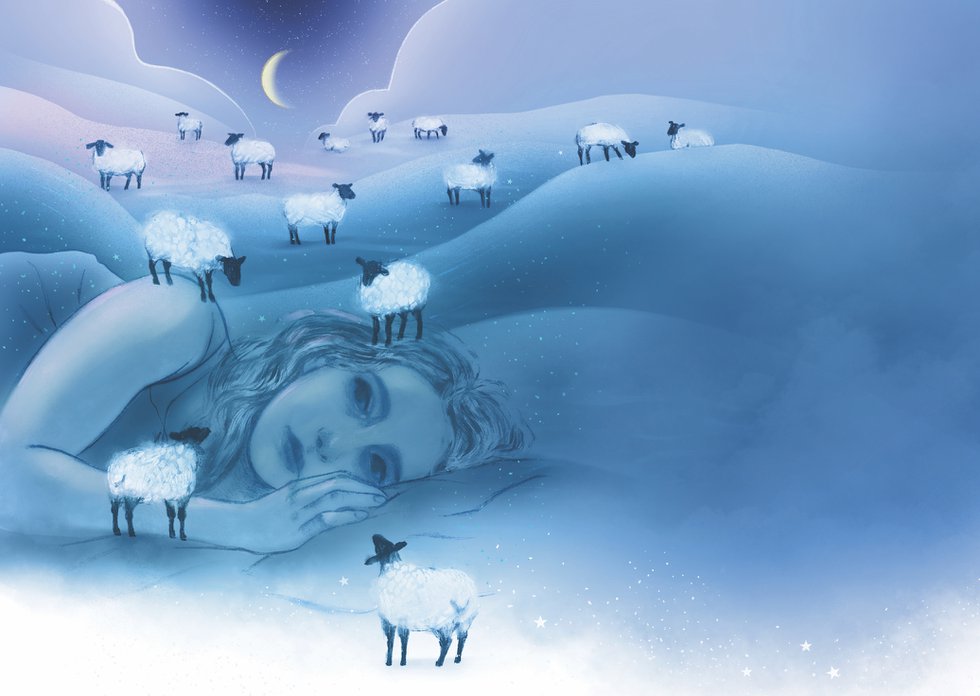Macabre, moody, and poetic premiere, The Pale Blue Eye spotlights Virginians.

Inspired by Edgar Allan Poe’s fleeting tenure as a West Point cadet in 1830, novelist Louis Bayard wondered, “What the hell was this poet doing in this regimented, orderly, military environment?” Bayard’s 2003 novel, The Pale Blue Eye, puts the young Poe at the center of a series of grisly cadet murders, as he helps the lead detective unravel the case.
Now a movie, The Pale Blue Eye features an ensemble cast including some of Virginia’s finest. Poe himself lived in Richmond and attended UVA in Charlottesville, writer and director Scott Cooper (Crazy Hearts, Gods and Generals) is from Abingdon, Bayard grew up in Springfield and consulted on Cooper’s script, and Robert Duvall, Middleburg’s Academy Award-winner, plays a professor of the occult.
Veteran detective Augustus Landor, played by Christian Bale, recognizes Poe’s intelligent insights and enlists him to help to solve this macabre murder mystery. As the young Poe, actor Harry Melling, (Harry Potter’s Dudley Dursley), bears an uncanny resemblance to the poet.
Twisted by subterfuge—and a pretty young woman—Poe is caught, quite literally, between love and death, as he narrowly escapes his turn as the next victim.
In real life, Poe was dismissed from West Point after six months, a departure, says Poe scholar Scott Peebles, that had “more of an effect on his literary career than his experience there.” Set in the snow-covered Hudson Valley, the film’s beautiful grayscale is interrupted only by the regiment’s cadet brilliant blue uniforms.
After a limited release in six countries, The Pale Blue Eye is now streaming on Netflix. (Warning: some viewers may find some of the content disturbing.)
This article originally appeared in the April 2023 issue.








